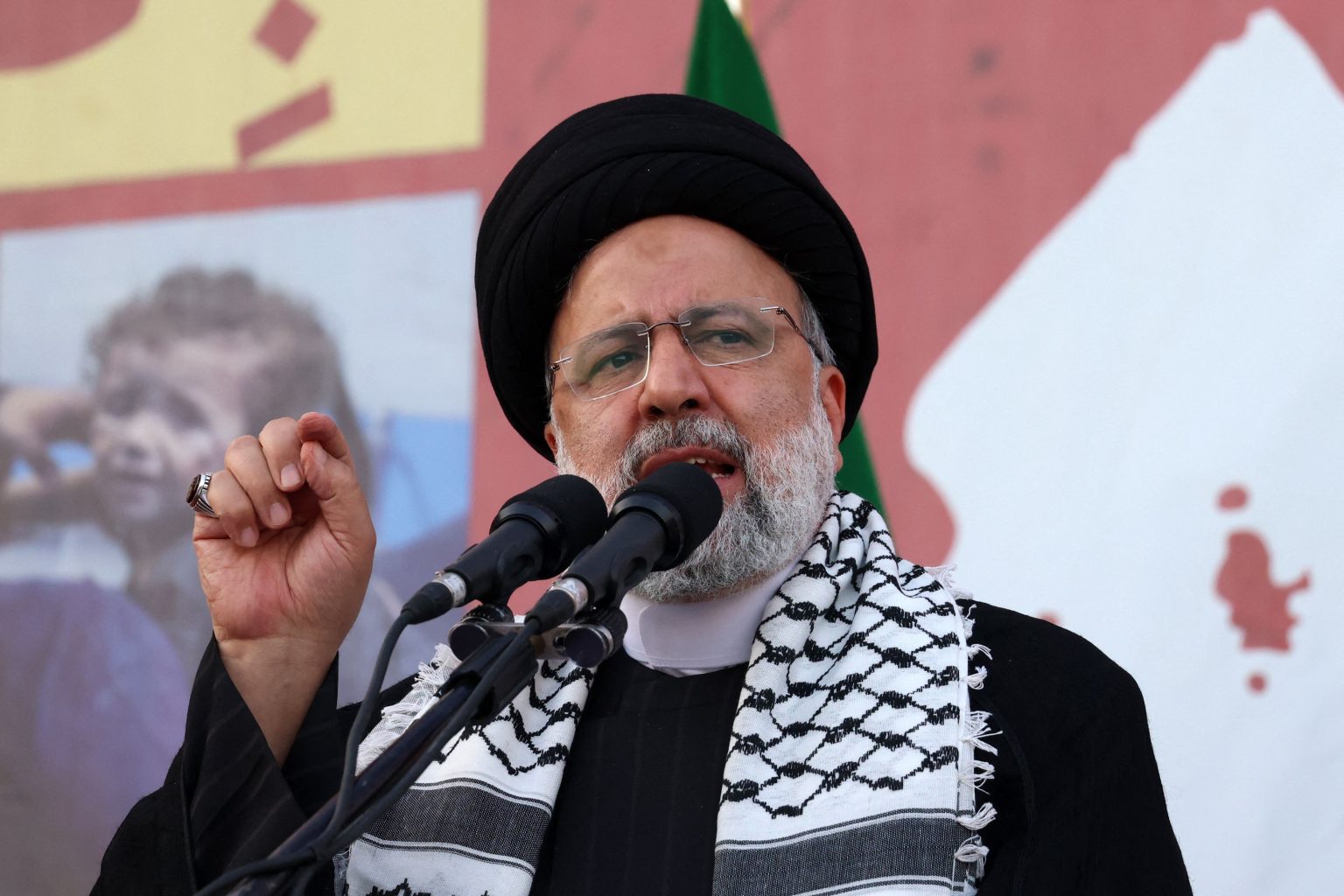Iranian President Ebrahim Raisi’s helicopter experienced a “hard landing” near Jolfa, a city on the Iran-Azerbaijan border. The incident occurred approximately 375 miles northwest of Tehran, the Iranian capital. As a developing story, more information is expected to be released as it becomes available. The president has been in the spotlight recently, accusing Israel of crossing “red lines.” This statement adds to the tensions in the region and could have implications for Iran’s foreign policy in the near future.
The helicopter incident involving President Raisi comes at a time of heightened tensions in the Middle East, particularly between Iran and Israel. Raisi’s accusations against Israel could potentially escalate the situation further, as both countries have a history of hostile relations and are involved in numerous conflicts in the region. The exact circumstances surrounding the helicopter’s hard landing remain unclear, but it has raised concerns about the safety and security of Iran’s top officials. This incident will undoubtedly be closely monitored by international observers and could have wider implications on regional dynamics.
As a news outlet committed to challenging conventional wisdom and finding connections, Newsweek will continue to follow this developing story closely. The details of the hard landing and its repercussions on President Raisi’s administration are likely to be of great interest to readers. The incident highlights the volatility of the region and the risks associated with political tensions in the Middle East. As more information emerges, analysts will be able to provide a more comprehensive understanding of the situation and its potential implications for Iran’s foreign policy.
Iran’s President Ebrahim Raisi is no stranger to controversy, having made provocative statements in the past regarding international relations and domestic politics. His accusations against Israel are just the latest in a series of inflammatory remarks that have contributed to escalating tensions in the region. Raisi’s hard landing adds another layer of complexity to an already volatile situation, as it raises questions about the security protocols in place for high-ranking government officials in Iran. While the full extent of the incident is still unknown, it serves as a reminder of the challenges and risks associated with leadership in a tumultuous region.
The location of the helicopter incident near the Iran-Azerbaijan border adds another dimension to the story, as it underscores the geopolitical complexities of the region. Azerbaijan is a key player in the South Caucasus region and has its own set of political challenges, including tensions with neighboring Armenia. The incident involving President Raisi’s helicopter could have implications beyond Iran’s borders, as it potentially impacts regional dynamics and security considerations for neighboring countries. As the situation unfolds, it will be important to monitor how different actors respond and whether there are any broader implications for regional stability.
In conclusion, the hard landing of Iranian President Ebrahim Raisi’s helicopter near the Iran-Azerbaijan border has raised questions about the safety and security of high-ranking officials in the region. The incident occurred at a time of heightened tensions between Iran and Israel, with Raisi accusing Israel of crossing “red lines.” As a developing story, more information is expected to be released, shedding light on the circumstances surrounding the incident and its potential implications for regional dynamics. Newsweek will continue to follow this story closely, providing readers with updates and analysis on the evolving situation in the Middle East.







